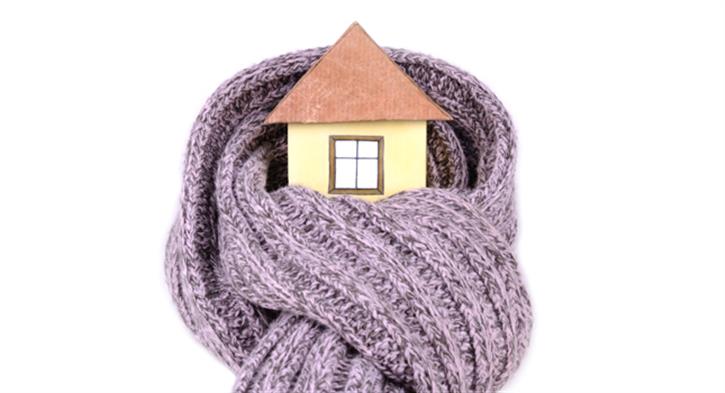

Parents are calling for better advice to tackle fuel poverty, as almost 4 million children in England live in families struggling to pay their energy bills, according to a report by the National Children’s Bureau (NCB).
The report, published on 26 February to mark Fuel Poverty Awareness Day, draws on research that links living in a cold home with an increased risk of children suffering health problems such as asthma and bronchitis.
Contrary to popular belief, it’s not just older people who struggle to pay their energy bills and keep warm. The report found that as many as four in 10 of those living in cold homes are couples or single parents with dependent children.
Charity Age UK has estimated the annual cost to the NHS for treating conditions caused or made worse by living in a cold home is £1.4 billon.
Anna Feuchtwang, chief executive of the NCB, said: “Parents need better advice on how to cut their energy use and make their homes warmer and healthier. Families shouldn’t be left to solve these problems alone; urgent action is needed by the government, energy companies and housing providers to solve the fuel poverty crisis.”
The report calls for government, energy companies, voluntary organisations and communities to look at how they can support and help young parents to improve their living situations in relation to fuel poverty and living in cold homes. At the same time young parents are clear that they want to take action themselves, provided they have help and information that is easy to use and practical which they can access through different sources.
Angela Beardsmore, chief operating officer at Economy Energy, which funded the report, said: “We wanted to help raise awareness of the problems linked to fuel poverty and support the development of solutions that could help families tackle the problem of cold homes.
“The report highlights a need for clear, practical information to help young parents, and others affected by this important issue, make small changes that could lead to a positive difference in their life; something we hope is introduced in the future.”
Fuel poverty: what it means for young parents and their families is available from: www.ncb.org.uk/fuelpoverty.
Picture courtesy of Shutterstock/Nestor Bandrivskyy
If you'd like to keep up-to-date with the latest developments in the heating and plumbing industry, why not subscribe to our weekly newsletters? Just click the button below and you can ensure all the latest industry news and new product information lands in your inbox every week.